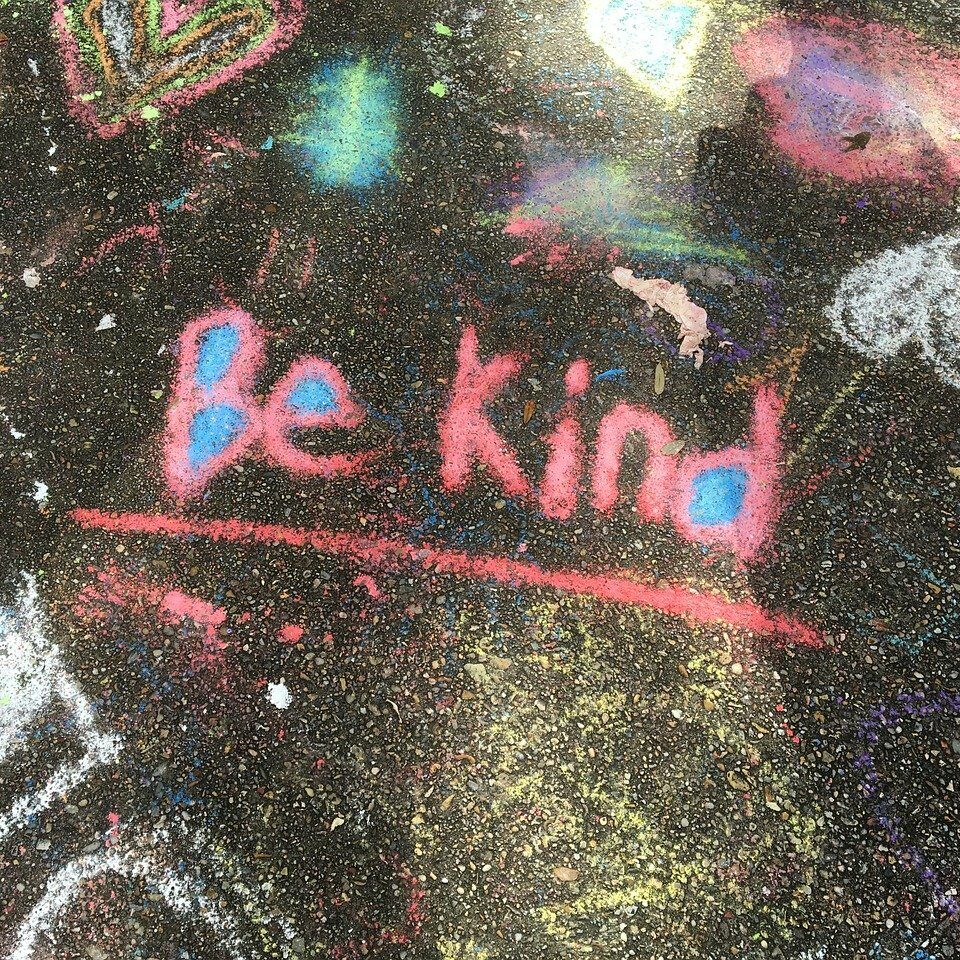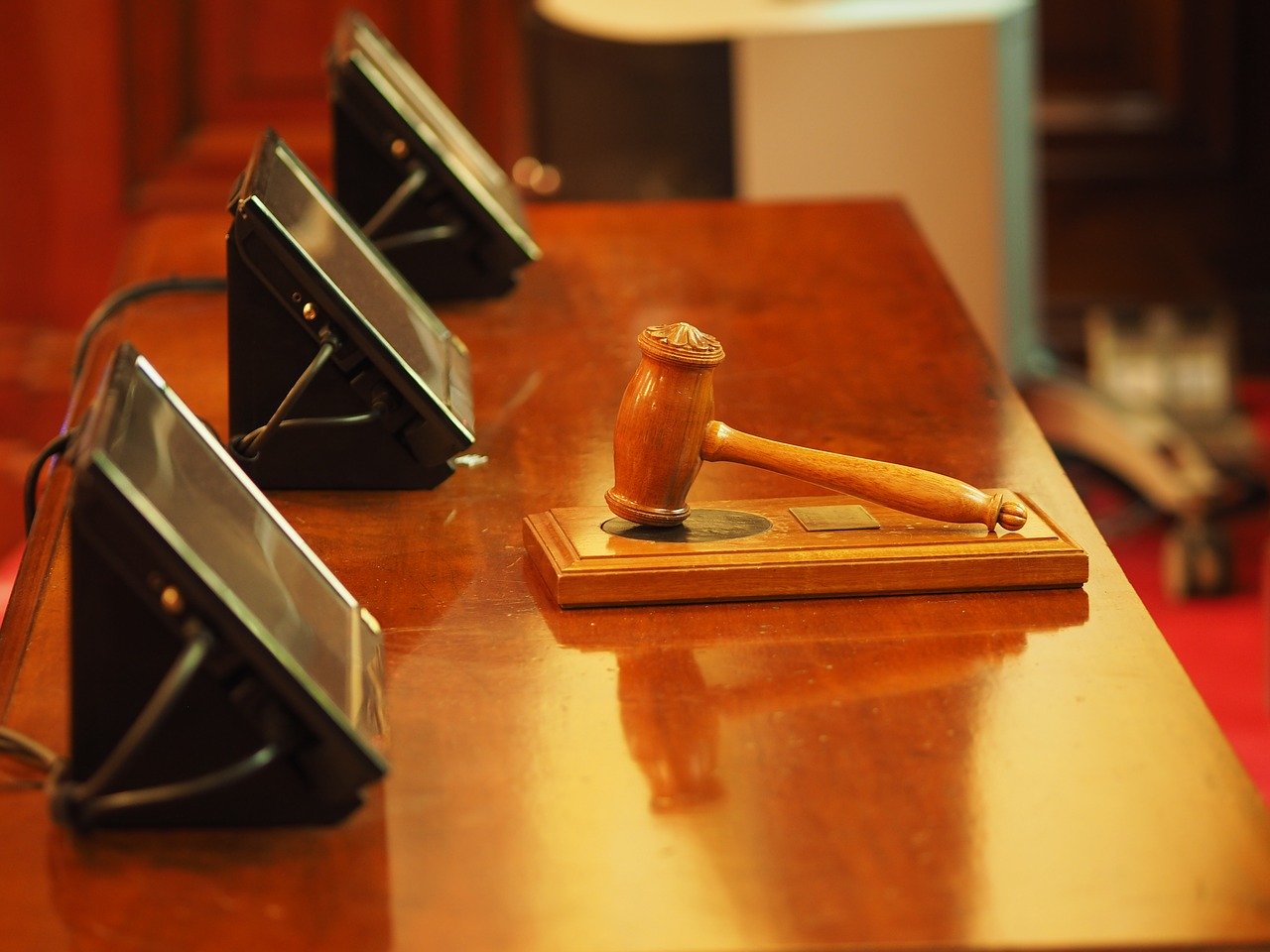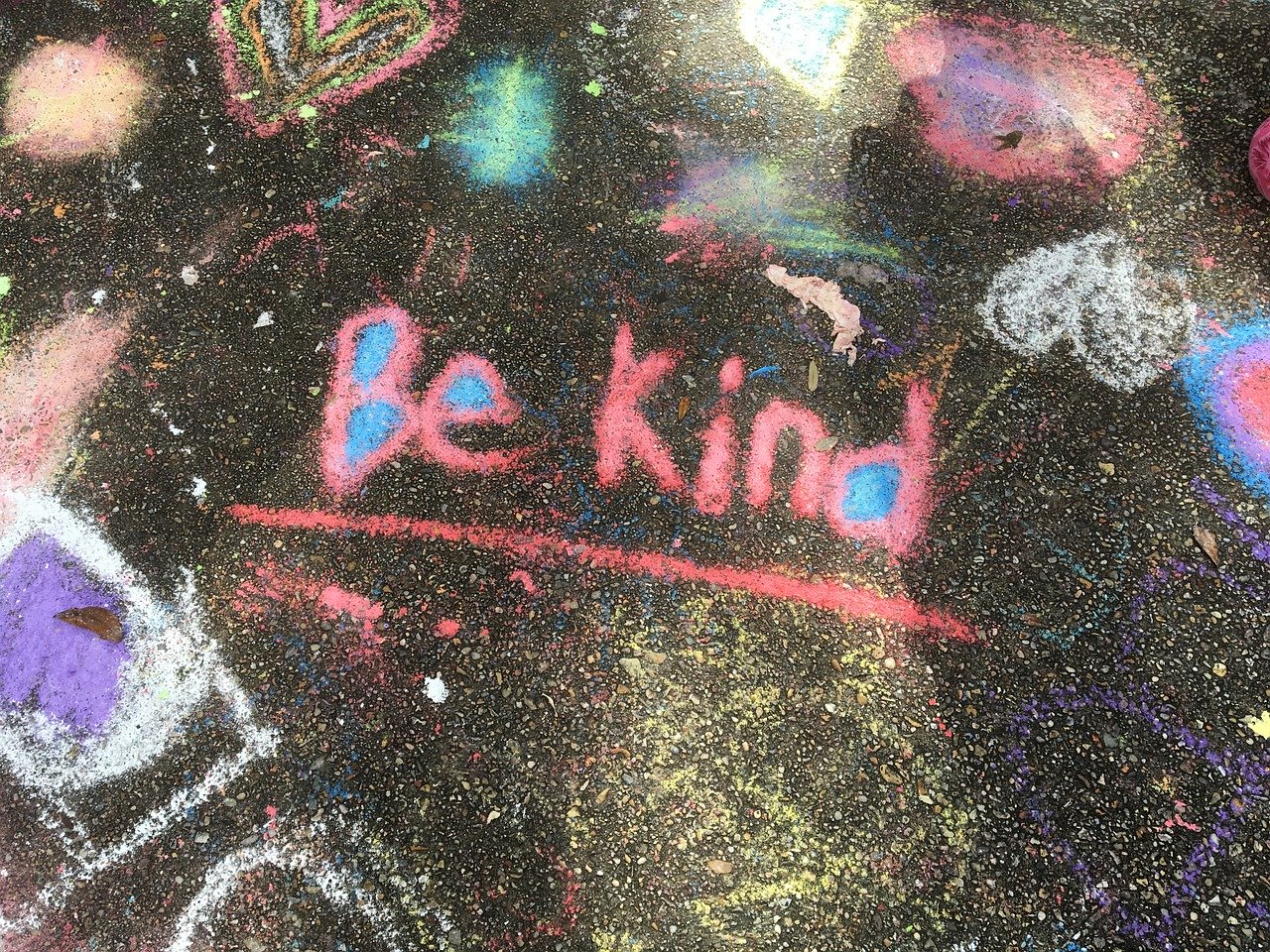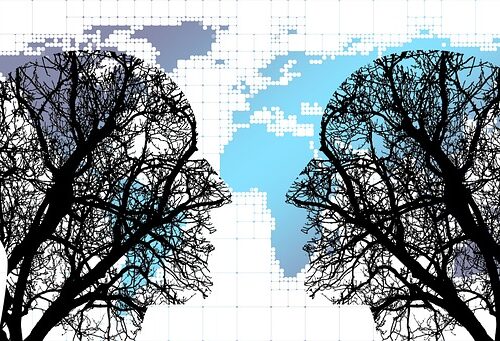
Forgiveness, Judgement & Mental Health
Hi all! I wrote this blog a few months ago, but I felt I wasn’t able to share it at the time. However, I believe that the message is still important to know, and so today, I’m sharing it with you… Here you go – please enjoy!
————–

This last week, I was having a conversation with someone on the phone. It started off with norm “Hi, how are you?” and “what have you been up to?” Suddenly though, the call became a sort of discussion with the conversation focusing onto forgiving, judging and mental health.
I would never pretend to be an expert on forgiveness, judgement and mental health. However, I have been in my fair share of situations were I’ve had to forgive, I’ve accidentally judged someone and mainly been judged against myself. I also have my own experiences of mental illness. In my own way, I am my own expert in these areas and know how to react, and/or how to rethink and approach things.
During the conversation with this person, we were talking about the situation that we have somehow become part of. I was given updates on this situation that had entered our lives just months before. What shocked me though was through this conversation that the third party (and the main culprit) were blaming the situation on mental health/illness, and that I, as someone who has mental illness and is an advocate of mental health, wouldn’t judge and that I would forgive the person in question for this reason.
I said “no.”
Why? Surely this means, I am judging the person in question? That I’m not forgiving this person. You may even ask why I stand up for mental health, but can’t accept the above.
Even in 2019, every bad thing that happens seems to be instantly blamed on mental health/ illness. No matter where you are, or where you go, or what you do.
I’m not going to say that this not-so-great situation that I’m unfortunately involved with (in a very minor way) wasn’t caused by mental illness, and I’m not even saying that I agree that it was the cause either. However, we as a society are so quick to judge and put the finger on the one thing that “everyone” tends to use…. Mental health. It hasn’t become a term anymore, just an excuse. An excuse that no matter what happens, “we can blame it on mental health.”

When I was younger, I kept silent for many, many years. One of the reasons I kept silent was because of the judgement mental health had. I couldn’t even watch the news without being told that things like stealing was caused by people who were “disturbed.” A couple of years ago, at one of my volunteering stands, I had someone come up to me saying he was dedicated in ending the stigma, yet as soon as he asked what condition I have, he immediately backed away saying things like “You’re going to kill me,” “how are you not in prison,” “You kind are abusive, and cheat and…” the list was endless.
Number 1 – I have never killed anyone and have absolutely no intention in doing so.
Number 2 – I have never been to prison for any reason.
Number 3 – I have been a victim of abuse in the past, but have never in my knowledge hurt anyone in this way. If I say something wrong, it is always accidental and I will apologise over and over again if I had done.
Number 4 – I have never, ever cheated. For me, it is the most sour thing that anyone could do.
I could go on. But this is my point. In a conversation, where I simply answered this man’s question of what mental health condition did I have, he suddenly came up with lots of negative assumptions.
Despite the stigma I was subjected too (which hurt me for weeks), I can forgive this person for what he said, but it proves a point that “lessons need to be learnt.”
Where would we have gathered these negative ideas from? The media, the people around us. We aren’t born to hate or be nasty. We learn this and we act on what we know. This man probably only said what he said because that all he’s ever known or told. For example, if the media keeps drilling into you that people with psychosis are going to kill someone, then obviously that is what you are going to start believing.
Awareness of mental health is needed more. We need to stop accusing and blaming all the bad on mental health. There are people out there who may not have a mental health condition, and they do these negative things.
When I said “no” to the original person I was talking to. I did this not to judge those with mental health or anyone in a matter of fact, but to actually help break down stigma. If someone is struggling with their mental health and want to speak up, then they shouldn’t have to feel that they will receive the backlash of people accusing them that they will just do terrible things.
I said “no” because I want it to be known that mental health should not just be an “excuse.” I don’t want assumptions to continue growing. We need to encourage being open minded and not put the blame on the conditions all the time.
Back to the conversation with the person who asked the question about forgiveness, judgement and mental health. When I told them my feelings on the matter, remaining neutral in the whole conversation, they fell silent for a minute and then said “no, you are right.”
In summary:
This post isn’t here to judge anyone at all. I will continue to stand up to raise awareness of mental health, which even in 2019 is still not being understood, and is still being the “getaway car” in every situation.
———
It’s now the 20th of February 2020. The time since writing the above has gone by so quickly, yet I still feel this is an important topic to be talked about.
What do you think? What would you say in my situation?
Be kind – the world is constantly changing, but being kind should always be the same.

Labyrinthitis - An Invisible Illness
You May Also Like

“I’m going to fail, just give up” – Jobs, Work Experience and Volunteering
31 July 2017
My Journey and Discrimination – Make a Positive Difference
23 July 2017